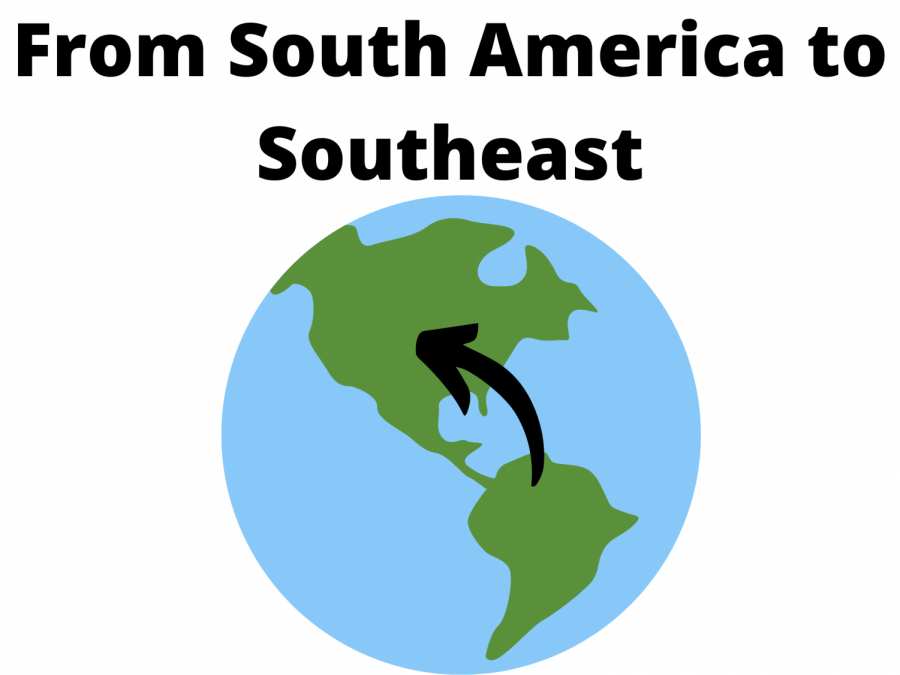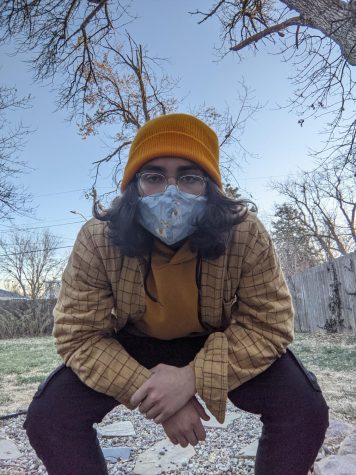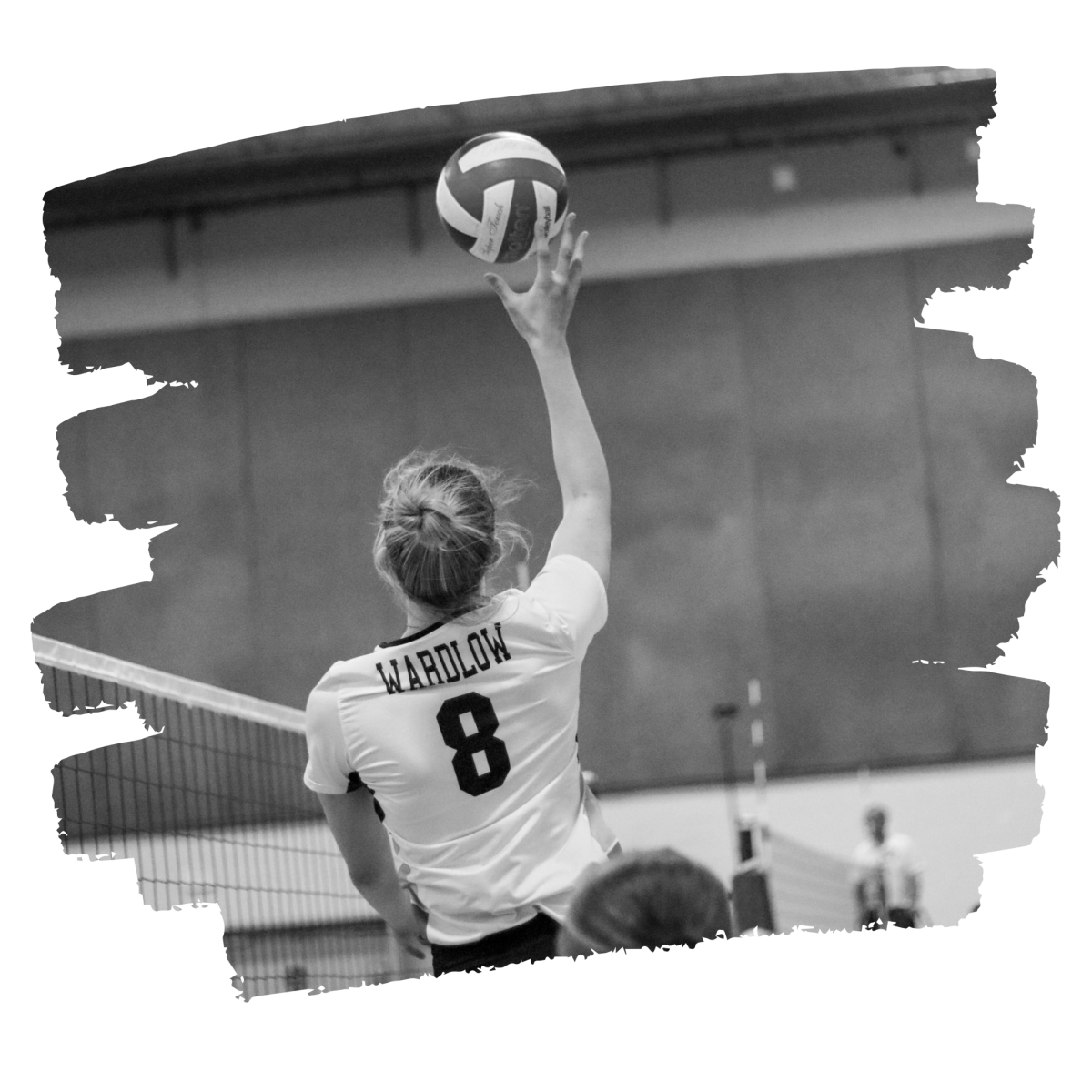Daniel Massiani Bailey: From South America To Southeast
March 31, 2021
Waking up one morning and being told you need to move more than 2,700 miles and learn a new language would be a terrifying experience, right? This sort of thing happens all over the world, when individuals and families have to move to a different country, because of instability, poverty, inferior government, or just needing to start a new life somewhere else. There are more than one million people who immigrate to the United States every year, and in 2009, LSE sophomore Daniel Massiani Bailey and his family were one of them.
Massiani is from the capital city of Venezuela, Caracas. “Caracas is a very lively city, somewhat like Miami, Florida,” Massiani said.. Massiani didn’t get much of his education in Caracas, saying “I only went to a private school for maybe a year before moving, but the experience is very similar to an American school. We learned to read, write, and do basic math, but we were learning in Spanish.”
Day to day life in Caracas for Massiani was pretty typical of what a student would do in the United States. “I would wake up at my mom or dad’s apartment, go to school, and then go back home to either one. I would then eat dinner with either one of my abuelitas.”
Life in Venezuela seems good on the surface, but Massiani’s family had a very good reason to leave. “Basically, Venezuela has a corrupt government. The former president, Hugo Chavez, was voted in because he promised a lot of positive changes, but when he was elected, he instead let all of the guerrillas and gangs he was friends with into power,” Massiani said. “Members of those gangs would threaten and kill those who were against Chavez.”
Throughout Chavez’s presidency, Massiani’s mother, Maria, was an activist against Chavez’s regime. She and her associates would receive messages and calls threatening her family and children if she didn’t stop protesting. It was at this moment that Massiani’s mother decided to move her family to the United States for asylum.
Moving to the United States is a difficult process in and of itself, but once you’ve actually gotten in, you still have the challenge of adapting to and fitting in with a new culture and society.
“Adapting to living in the U.S. has been pretty easy for me, because I moved at such an early age,” Massiani said. “Something that has been very helpful with feeling comfortable in a new country has definitely been my friends. Gaining friends was like gaining a second family, where I felt welcome and loved.”
Massiani lives with his mom, older brother, and grandmother. He said his mom is extremely hard-working. “She holds up our entire family by herself. She is an inspiration to me, along with my loving abuelita. My brother is the entire reason that I’m so into music. He and I would play bands like Metallica and Black Sabbath super loud on our basement speakers.”
Massiani’s close family aren’t his only family, however. “I have a ton of relatives; I have family in Colorado, Canada, Mexico, and Spain. There are also a ton more that I don’t know about because of how far my family reaches. Most of my family is located in Florida, with only a few staying in Venezuela.”
Massiani has lived in the United States for 11 years, and has attended elementary through high school in Lincoln. “At LSE, my favorite classes are English and Biology, and in my free time, I like to play video games, ride my skateboard, and hang out with my friends. I’m very grateful for all that Lincoln has done for me, and the people I’ve met, but Caracas will always be home to me.” Massiani said. “I feel any immigrant would want to go back home in a safe manner, where they and their family aren’t in any danger and can live happily.”









